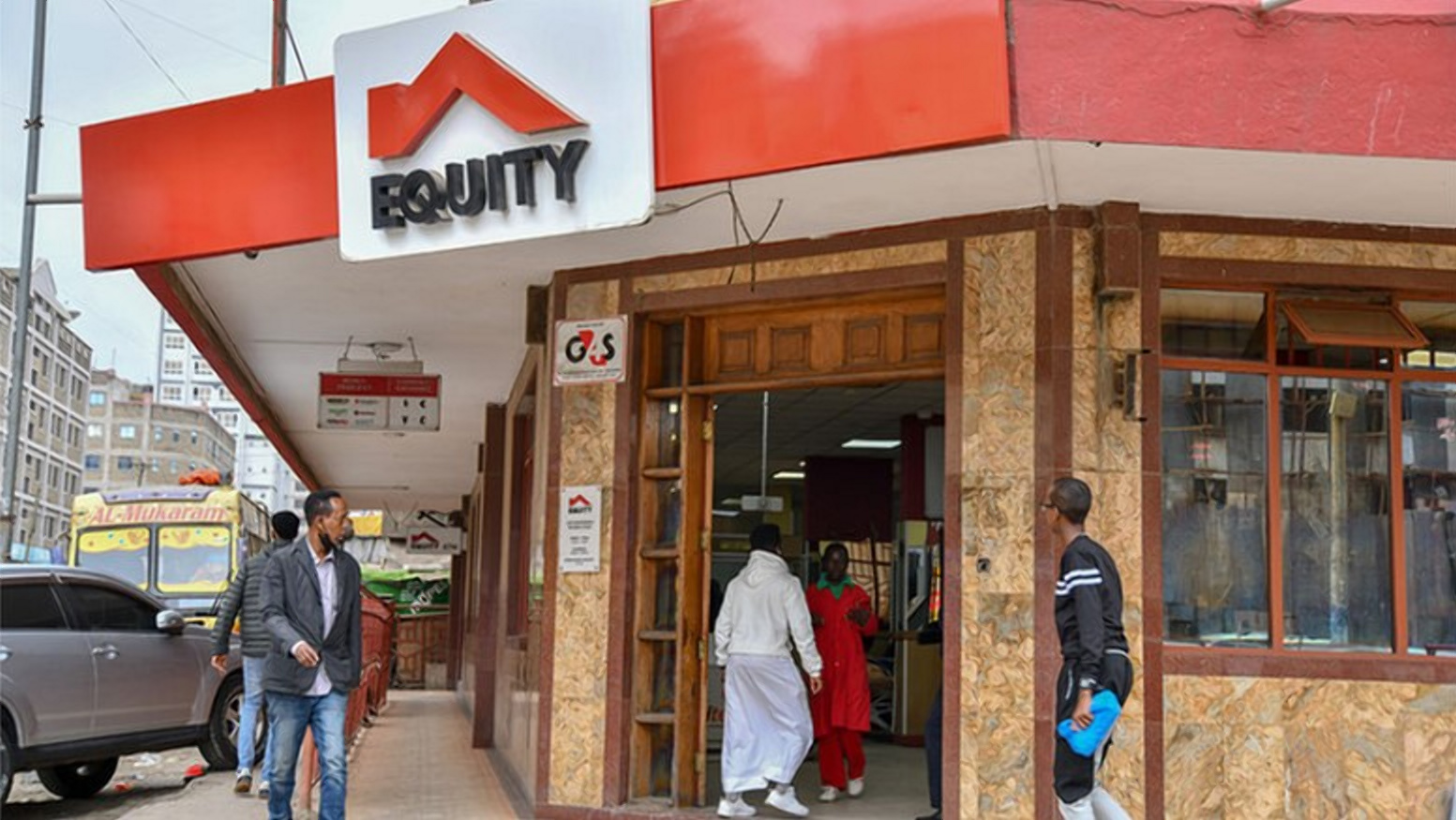Women’s economic empowerment took centre stage over the weekend as leaders, financial institutions and industry players convened in Mombasa to discuss the region’s economic challenges, from the fragile blue economy to pressures facing the tea sector.
At the Nyali Golf & Country Club, Equity Bank Kenya hosted a stakeholder engagement that brought together county officials, business leaders and the sporting community.
The event, held alongside a golf tournament, focused on unlocking opportunities for women-led enterprises, strengthening coastal value chains and reviving the blue economy.
Mombasa Deputy Governor Francis Thoya said women must be placed at the heart of the region’s development agenda.
He noted that logistics bottlenecks, limited financing and underdeveloped value chains continue to hinder women entrepreneurs at the Coast.
“We discussed the future of Mombasa, including logistics, the Special Economic Zone and the blue economy,” Thoya said.
“We need financial institutions that understand these opportunities and are ready to support the fishing sector, value chains and women-led enterprises.”
He commended Equity for its proactive engagement, saying the County Government looked forward to deeper collaboration.
Equity Bank Kenya Managing Director Moses Nyabanda said the Bank’s coastal engagements aimed at gathering real-time feedback to strengthen financial inclusion.
He reaffirmed Equity’s commitment to supporting communities through credit, insurance, training and digital banking.
“This evening is about connection and understanding how we can serve you better,” Nyabanda said.
“Your dreams are the engine, and our role is to finance and protect them.”

Equity Bank’s Head of Women and Youth Banking, Dr. Silpah Owich, called for more women to join the Bank’s empowerment programs, which she said have already reached more than six million women countrywide.
“We provide unsecured loans, tailored accounts and business training to help women thrive,” she said.
“Women supporting women is how we rise, and after today’s discussions, I expect to welcome many more into the program.”
Nyali Golf Club Captain Omar Lewa thanked Equity for backing the tournament and investing in local development. The event closed with an awards ceremony honouring golfers, including overall winner Romit.
Separately, Nyabanda held talks with the East African Tea Trade Association (EATTA) in Mombasa as the tea sector continues to grapple with global oversupply, price volatility and shifting regulatory demands.
EATTA Managing Director George Omuga said factories, brokers and exporters are operating under pressure following three years of market disruptions.
“The market shocks have been real,” Omuga said. “From supply–demand mismatch to policy shifts and depressed global prices, our farmers and factories are carrying a heavy burden.”
Nyabanda assured the Association of Equity’s commitment to strengthening liquidity and financing options across the value chain.
“Tea is still a lifeline of this economy,” he said. “If the sector hurts, households hurt. Our goal is to support producers, stabilize cashflows and keep the auction efficient.”
The two discussed opportunities in value addition, logistics financing and support for brokers who often advance funds to factories.
Omuga invited Equity to participate in upcoming stakeholder forums to deepen collaboration.
Nyabanda pledged long-term partnership, noting that both women-led enterprises and major export industries require strong financial anchors to remain resilient.




